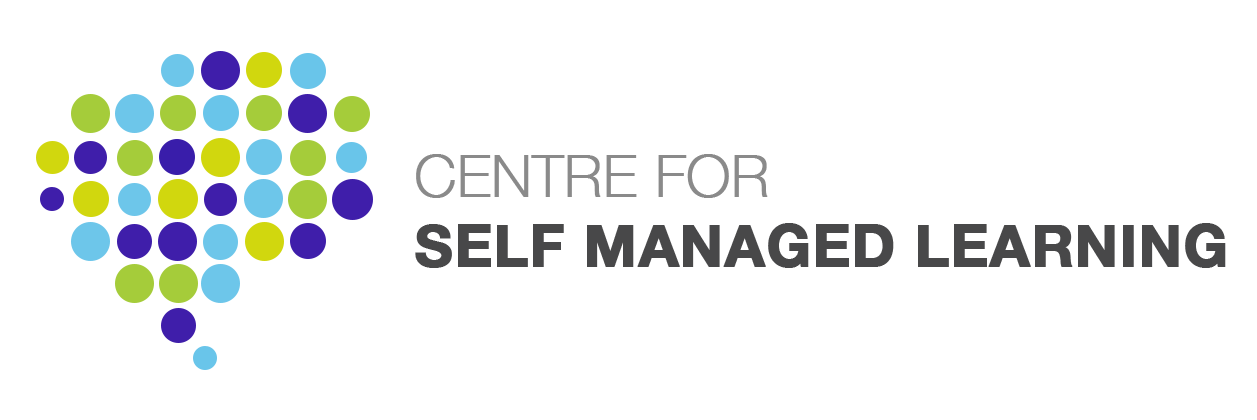01 Jun John Morris 1923 – 2005
In May a commemorative celebration was held in Manchester for John Morris, professor emeritus of Manchester Business School. In fact, Professor Morris was one of the founders of the Manchester Business School, which was one of the first two business schools in the country (they came live at about the same time) and he was to become the first chair of management development in Britain.
In a sense, then, he could be seen as a founding father of our work within organisations. In addition, he was best known to many for his championing of Reg Revans’ action learning. This is yet another way in which, for us SML enthusiasts, he can be seen as an important and long-standing champion of the learner-centred approach to education.
However, the day before I went to Manchester to attend the commemorative celebration (having arranged my tickets sometime before) I found myself wondering quite why I was going. It wasn’t that I knew John Morris all that well. Indeed, on reflection, I realized that I had spent only a fairly small amount of time in his company over the years. Nonetheless, he had been important to me, and it was this which had led to my wanting to attend the commemoration.
There is one obvious reason why he should have been important to me. He was the external examiner for my doctoral thesis. I chose him both for things he wasn’t as well as for the things he was. He was not one of those academics who suffer from rigidity of the ideology, which makes them unable to appreciate anything which doesn’t tow their own particular ideological line. I knew I could rely on him to be receptive. He wouldn’t be playing academic power games, either. On the contrary, he was an enthusiast for ideas and this meant that the viva, rather than being an ordeal to be got through, would be a stimulating discussion. If there were points on which we differed I could be sure it would be a fair debate. Most of all, though, it was that I always found him interesting and impressive and so it felt that to have him agree to be my external examiner would, in a sense, be an honour.
When and where I first met John Morris I can’t now remember. It would have been more than twenty years ago and through my involvement with Self Managed Learning as he was a long-standing colleague of Ian Cunningham (indeed, he was also the external for Ian’s doctoral thesis). I know that I had met him prior to the occasion when he was to meet a learning group for whom I was co-adviser.
He was to meet them in his role as external examiner for the P.G. Dip (the Post Graduate Diploma in Management Studies at what was then North East London Polytechnic). That was an SML programme and the participants enjoyed its contrast to the more formal academic approach to learning they had previously experienced at school or university and, consequently, they viewed the external they were about to meet as a representative of what they were very glad to have left behind. So there was a measure of trepidation on their part. Then Professor Morris arrived. Grey-haired, with tie and tweed jacket and something of a military bearing (he was a Commando officer in World War II) he looked every inch the academic of a previous generation. I could feel their trepidation ratchet up a gear. Seating himself, he began to speak. His voice did nothing to allay their anxieties; it fitted completely with the stereotype they had formed. As they listened to what he was saying, though, their faces took on looks of considerable perplexity. For what he was expressing were ideas about learning more radical than any they had ever, themselves, imagined. It was as if the mismatch between what they were hearing from him and the stereotype they had formed was so great that their brains were going, “Doesn’t compute; Doesn’t compute.” When they finally did ‘grok’ what they were hearing they felt very much more encouraged.
That is something that emerged as a commonality in the stories people told at his commemoration. John Morris was the great encourager. One after another, former students of his (most of whom had been mature students) spoke of how his initial encouragement of their work made them feel that maybe they really could achieve the Masters-level standards required by the programmes they were on. Due to that encouragement, and the increase in confidence it gave rise to, they were able to think better and more adventurously and thus to push their ideas and explorations further.
This was true of his relations with academic colleagues, too. One of them, who had been chairing meetings in the run-up to founding Manchester Business School, spoke of how, after meetings which had often been embroiled in academic politics, he would always walk back with John Morris and be the benificiary of what he described as ‘a private tutorial’ in which Morris would provide him with a valuable analysis of what had been going on in the meeting.
Professor Morris was a very good man to have in your corner. For this reason, colleagues who were running programmes which were learner-centred, like SML ones, would seek his involvement as a ‘critical friend’ to oversee their programme on behalf of the university’s formal system. I have mentioned him in such a role in the P.G. Dip at NELP. He played the same role when Ian was CEO of Roffey Park Management Institute and a group of us there created the Self Managed Learning MBA under the auspices of the University of Sussex. He also took part in the Senate discussions at the University of Sheffield Hallam which saw the acceptance of another SML programme, the MSc in Strategic Change.
Whilst being of affable mien, and the great encourager to people he felt were doing worthwhile things, he would brook no interference with the learner-centred approaches he favoured from any narrow academics who wished to stifle such initiatives. As an academic and intellectual heavyweight himself he was quite ready to puncture the pretensions of their specious arguments for misplaced academic precepts and proscriptions.
At the end, when in hospital, we heard that he turned to a nurse one morning with a bright smile and said, “Something special is going to happen today.” The question of what experience it was that provoked such fascination would be answered a couple of hours later by his death. Way to go, John.
At the commemoration, sitting among family members (including a great-grandchild) and those who has known him well in various seats of learning, it was interesting that the comment which triggered a general, and palpable, sense of recognition was when one colleague said, “I noticed that I always felt better after a conversation with him.” That’s quite an epitaph.
Graham Dawes

